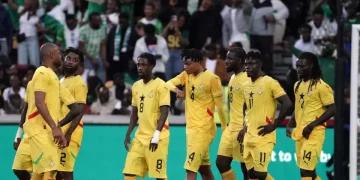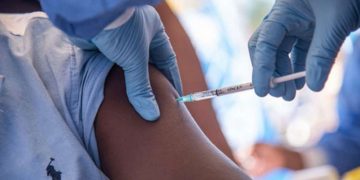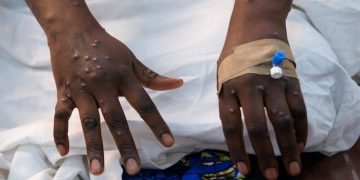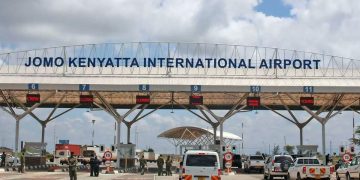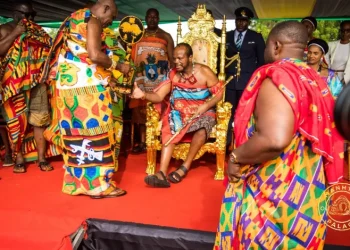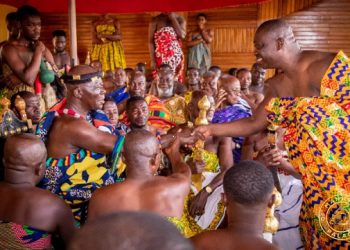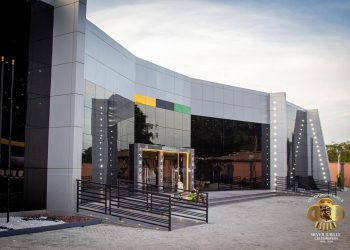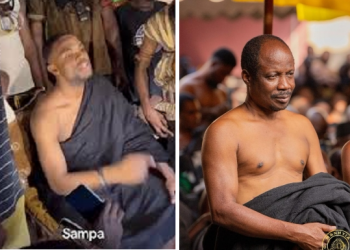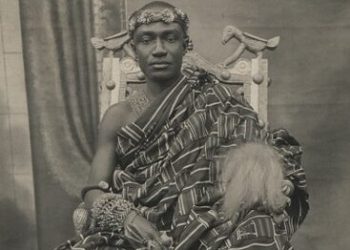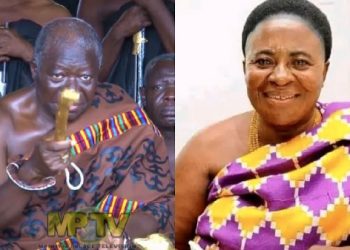During and after the slave trade era, lots of people left Africa for Europe and the Americas.
While others were forced out of the continent, others left the shores of the continent to study and one of such people was Kwasi Boakye.
Kwasi Boakye, whose name was at a point in time spelt Aquasi Boachi was born on 24 April 1827 in Kumase, Kingdom of Ashanti (now Ashanti Region, Ghana).
Kwasi Boakye was the son of the eighth King of Asante Empire, Otumfuo Kwaku Dua I, born around 1797 and ruled Asanteman from August 25, 1834, until his death on April 27 1867.
Boakye did not go alone, he left with his cousin Kwame Poku to the Netherlands to study.
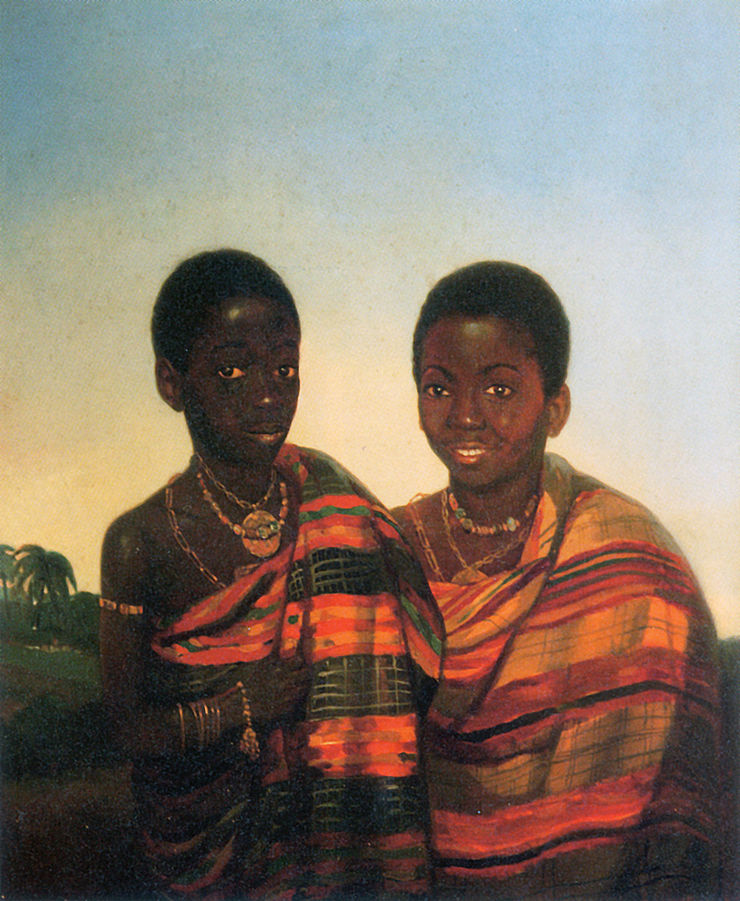
Photo Credit:
Jacobus Ludovicus Cornet – Japin, Arthur (1997) De zwarte met het witte hart Amsterdam: De Arbeiderspers
The reason why Boakye and Poku were sent to the Netherlands to study was as a result of an agreement between Otumfuo Kwaku Dua I and the King of the Netherlands, King William I.
The Dutch had lost a lot of soldiers in the Java War or Diponegoro War (1825-1830) and as a result, they needed soldiers to help them win the war. The Dutch King after witnessing how the Asantes had been conquering the other tribes in Dutch Gold Coast signed an agreement with Otumfuo Kwaku Dua I to recruit soldiers for his Dutch East Indies Army in exchange for 6,000 guns. Per the agreement, 2, 000 guns were to be provided immediately and 4, 000 were to be provided later.
Also, they needed the soldiers from West Africa because even though the first group of Afro-Europeans and African soldiers they took to the war died, they were able to resist the weather condition in the Dutch East Indies.
The recruitment was voluntarily and Jacob Peter Huydecoper (11 November 1811 – 12 February 1845) who was half Dutch-half Fante and was an important figure in Dutch Gold Coast established a recruiting agency in Kumase.
The deal was facilitated by Major General Jan Verveer who had been appointed as the Royal Commissioner by King William in the autumn of 1836.
At that time, Edina (Elmina) was the capital of the Dutch Gold Coast. General Verveer arrived in Elmina on 1 November 1836 and headed for Kumase with 900 people.
Majority of the people who went to Kumase with Verveer were porters and they carried gifts and provisions which were for the Asantehene.
After a lengthy negotiation, the Dutch reached an agreement with the Asantehene. Albeit the recruitment was voluntary, Otumfuo offered the Dutch slaves and prisoners of war in Asanteman.
Those who were recruited were called Belanda Hitam which means Black Dutch and they helped the Dutch to win the war which was led by Prince Diponegoro. Although the Beland Hitmen were mostly Asantes, they recruited other Akans too.
When General Verveer was leaving Kumase to Elmina, he went with Kwasi Boakye and Kwame Poku, and from Elmina, they went to the Netherlands.
Per the agreement signed between Otumfuo Kwaku Dua I and King William I, Kwasi Boakye and Kwame Poku were to return after their studies, however, Boakye chose to stay in the Netherlands.
He went to Delft University now the Delft University of Technology, trained as a mining engineer and graduated in 1847.
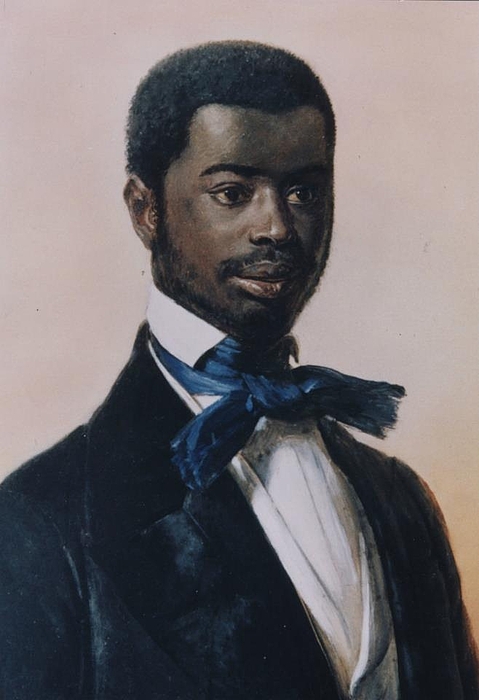
Painting of Kwasi Boakye, when he was a student at Freiberg University of Mining and Technology
After completing Delft University, Boakye went to Freiberg and studied at Technische Universität Bergakademie Freiberg in 1847. Boakye stayed with Caroline Geudtner at Petersstrasse and on 27 July 1847, he got his residence permit.
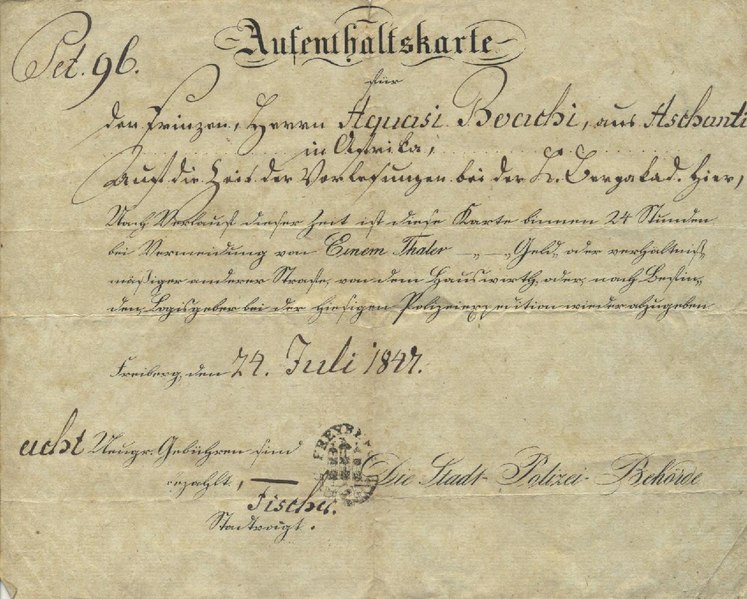
In 1850, 23-year old Kwasi Boakye was sent to the Dutch East Indies or Netherlands East-Indies which is now Indonesia.
Under his superior Cornelius de Groot van Embden, Boakye was discriminated but luckily for him, he was given compensation in 1857.
His compensation included an estate at Banter Peteh which is at the south of Buitenzorg or Bogor, a city in present-day West Java province in Indonesia.
On 9 June 1904, at the age of 77, Kwasi Boakye, the young Asante boy who was sent to the Netherlands to study with his cousin Kwame Poku died on his estate.
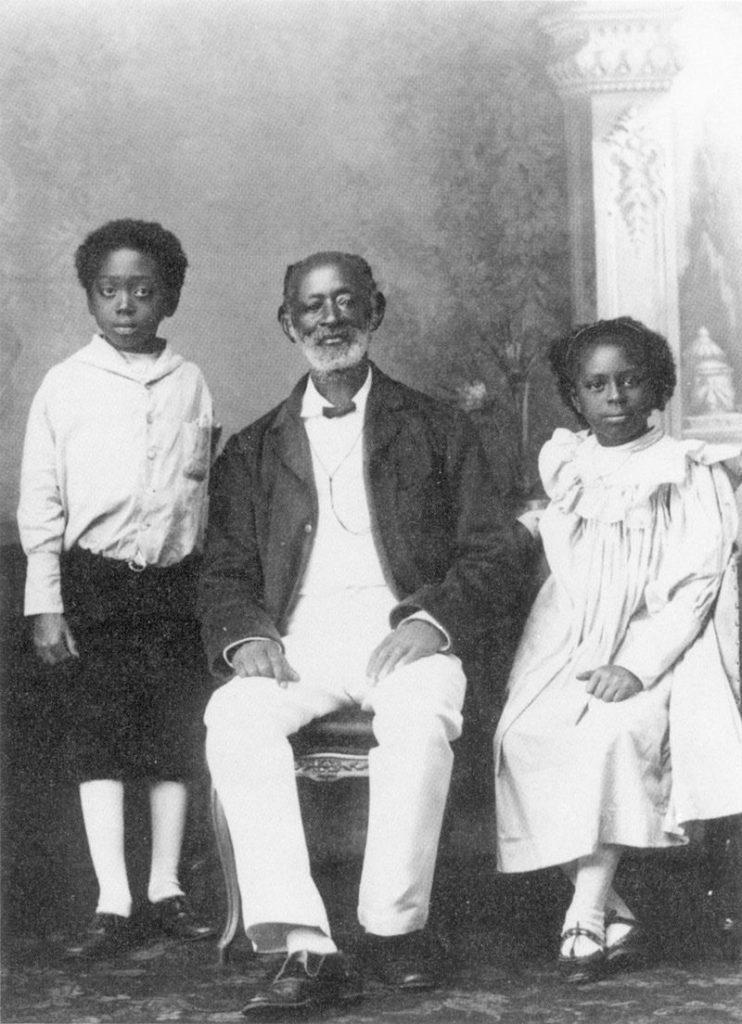
Photo Credit:
P. Hermann – Japin, Arthur (1997) De zwarte met het witte hart. Amsterdam: De Arbeiderspers
In 1997, Dutch writer Arthur Japin did a research about the lives of Kwame Poku and Kwasi Boakye and wrote the book, The Two Hearts of Kwasi Boachi.
by: Nana Asabere














